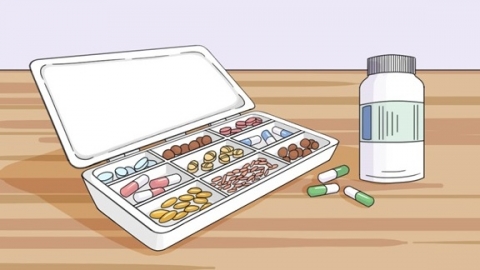Bleeding a few days after taking emergency contraceptive pills
Generally, bleeding occurs 3-7 days after taking emergency contraceptive pills. The use of these medications should follow medical advice. A detailed explanation is as follows:

When a woman's body is highly sensitive to the hormonal components in emergency contraceptive pills and her endocrine regulatory system is strong, bleeding may occur as early as 3 days after taking the medication. In such cases, the body's hormone levels react quickly to the medication. The drug disrupts the original hormonal balance, causing the endometrium (uterine lining) to rapidly lose hormonal support and shed. For example, some young women with good physical condition, active ovarian function, and a prompt endocrine response to medication may activate their body's regulatory mechanisms quickly after taking the pill, causing the endometrium to shed within a short time and resulting in bleeding around the third day.
If a woman's body responds relatively slowly to the medication or has weaker endocrine regulation, bleeding may not occur until about 7 days after taking the pill. In some women of slightly older age with declining ovarian function, the body's ability to adapt and regulate hormone changes decreases, and the medication takes longer to exert its effects. Under the influence of the drug, the shedding process of the endometrium is relatively slower. Additionally, if a woman had a thin endometrium before taking the pill, the medication may require more time to bring the endometrium to a state where shedding can occur, thereby delaying the onset of bleeding.
Emergency contraceptive pills should not be used frequently as a regular contraceptive method to avoid long-term effects on the body. If pregnancy is not desired, it is recommended to use appropriate contraceptive measures before sexual intercourse.





